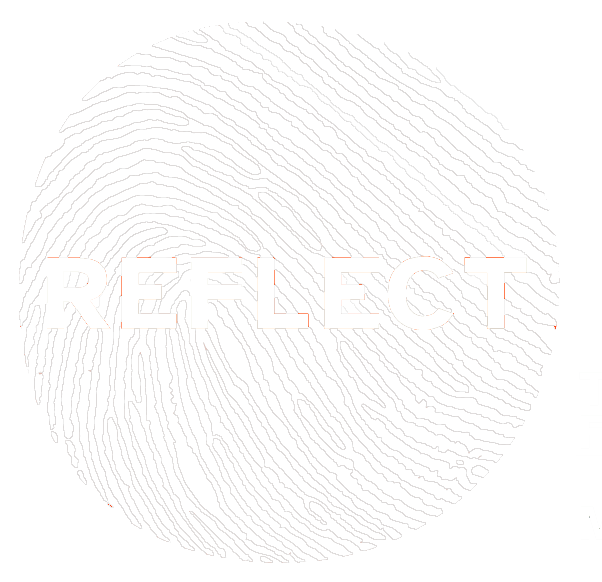by Nicola Murphy, Group CEO
British parents, when asked to estimate their children’s IQ, will assign their son at 115 and their daughter at 107.
A LinkedIn contact of mine who transitioned from a woman to a man and stayed in the same company told me that he is given more respect, interrupted less often in meetings and has been given two pay rises since transitioning. On this point, Mary Ann Sieghart in her rather brilliant book The Authority Gap, tells the story of a science professor, Joan, who began her career at the esteemed Stanford University as a man. She says “the career track is set up for young men. You are assumed to be competent unless revealed otherwise… You have the authority to assert issues.” But when she started her new life as a woman, her pay slipped from above average to the bottom 10%, she lost her seat on the University Senate Committee and was attacked personally when public speaking, rather than her argument being attacked. “A woman is assumed to be incompetent until she proves otherwise,” she says.
Research into trans men by University of Chicago associate professor Kristen Schilt found that the pay of trans women fell by 30% after they transitioned, whereas the pay of trans men went up. In her research, Schilt interviewed many professionals. One said that, now he’s living as a man, what he says in meetings is written down as truth. Another said “[as a woman] I was considered aggressive. Now [as a man]… people say, ‘I love your take-charge attitude’.” In The Authority Gap, Seighart notes that female US Supreme Court Justices are interrupted four times more than their male colleagues.
So why am I qualified to write about this? Well, I’m a woman and I’m successful in business. I’ve experienced sexism and misogyny multiple times in my career – more times before I worked for myself, it’s true, but afterwards too. I’ve had a me-too moment (the man got pensioned off, not sacked) and once got asked to make tea in my own agency by a visiting guest who assumed I was the PA – because I’m a woman or because of my south London accent. Likely both. Needless to say, we declined to work with that particular client!
And I’m not alone – it’s not just men in business, it’s also US presidents. When Anne Mulcahy was running Xerox Corporation she was one of five CEOs appointed by President George W. Bush to raise money for the victims of devastating earthquakes in Pakistan. She was invited to a White House reception as a thank you. When meeting the president, he turned not to Anne but to her husband to congratulate him on his amazing job at Xerox. The husband said “… well thank you, but that would be my wife!”
I can guarantee that every working woman reading this blog will have had multiple similar experiences, both at work and at leisure. We’ve all been mansplained to at a dinner party by some boring bloke who loves the sound of his own voice and drones on, oftentimes while looking at your breasts, not at your face.
And this authority gap starts at school. Girls are expected to be better behaved in class, and quieter than boys. And importantly – and teeth grindingly – they get less attention and encouragement from teachers. An American study found that elementary and middle school boys had EIGHT TIMES more attention and encouragement than girls. When boys called out in class, teachers listened and responded, but when girls did, they were told to “raise your hand if you want to speak”. Little wonder then that girls grow into women who lose their voice, confidence and ambition.
At The River Group we have always championed women in business. And we are now in our 30th year. 75% of colleagues across our three agencies are women, and each agency is deliberately run by an excellent female leader. We are leading the charge on promoting women. Our success is testament to the sense in that decision and those organisational values, and speaks to women in business having precisely what it takes to succeed.
I have a personal interest in highlighting this inequality. It’s happened to me throughout my career. A lot. I’ve often been told that I’m too aggressive, arrogant, unwomanly, bossy, strident, even rude, and worse – I’ve been called a C**T and had a man shout at me and shake his finger in my face during a cost negotiation. This behaviour is common from business leaders, ex-bosses, male colleagues – and both of my ex-husbands have said I’m “too much”, or words to that effect. Interestingly, neither of them is as professionally successful as I am. Is that why? Or am I “unwomanly” precisely because I run my own business and I don’t take any shit? Or am I a ball-breaker? I’ve been called that too. I’ll let you decide, dear reader.



